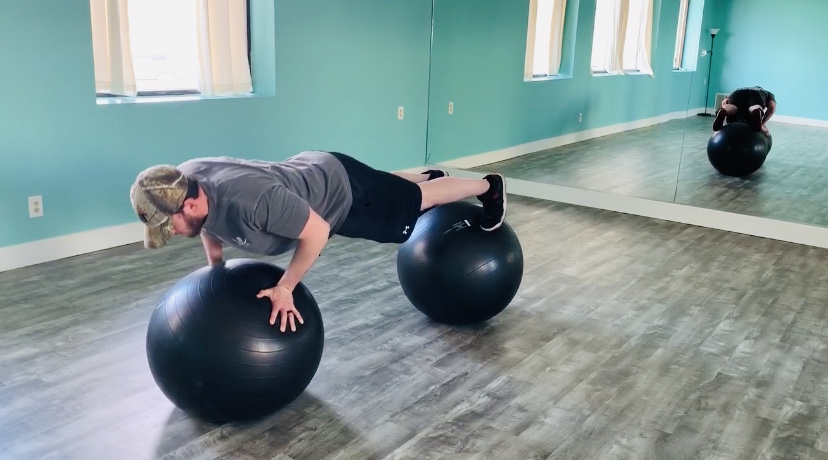
What body part is treated most in our clinic behind the low back and neck? If you guessed the shoulder you are correct! Recent studies show that shoulder injuries and disorders make up roughly 15-25 percent of all outpatient physical therapy visits. Of these patients, we are typically diagnosing and treating conditions that include:
- Impingement Syndrome (subacromial, subcoracoid, internal)
- Labral Tears (SLAP, bankart)
- Adhesive Capsulitis
- Degenerative Arthritis
- AC Joint Disorders
- Scapular Dyskinesia
- Bursitis
- Rotator Cuff Tendonopathy
- Rotator Cuff Tear (Partial and Full Thickness!)
When people hear or see the word TEAR, the first knee-jerk reaction is, am I going to need surgery? While surgery is an option for some severe cases, our goal at IP is to get our patients out of pain and back to their functional and recreational activities without going under the knife! With the right PT protocol, conservative treatment can be just as successful, if not more successful than surgery.
If you have been to IP for a rotator cuff tear, we most likely have provided you with an article that discusses the non-surgical approach to treatment. In this study, done by Kuhn et al. in 2013, they found that of the 452 subjects with full-thickness rotator cuff tears, 75% recovered successfully with physical therapy. With customized, appropriate therapeutic exercises, manual treatment, and compliance with our home exercise program, these outcomes are very realistic!
Another non-operative approach and adjunct to physical therapy treatment is PRP (Platelet-Rich Plasma) stem cell injections. Dr. Abrahamson of Integrative Sports Medicine can diagnose a rotator cuff tear using diagnostic ultrasound and perform either of these techniques on-site at 2020 if he deems the procedure is appropriate. This, along with the appropriate rehab protocol can significantly reduce recovery time! Read more on these procedures here:
If you’ve been told surgery is your only option for a shoulder injury (or any musculoskeletal injury), consider trying a conservative approach first! We will design a customized, evidence based plan of care to get you back to optimum performance faster!
https://www.ncbi.nlm.nih.gov/pubmed/23540577